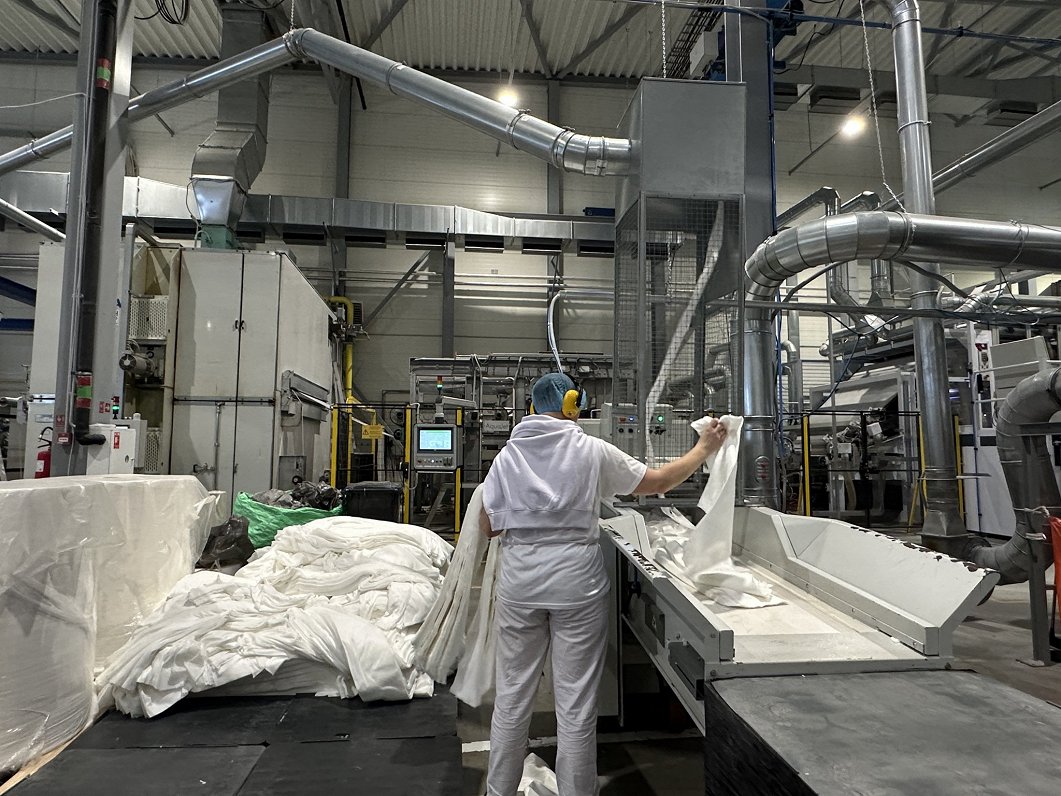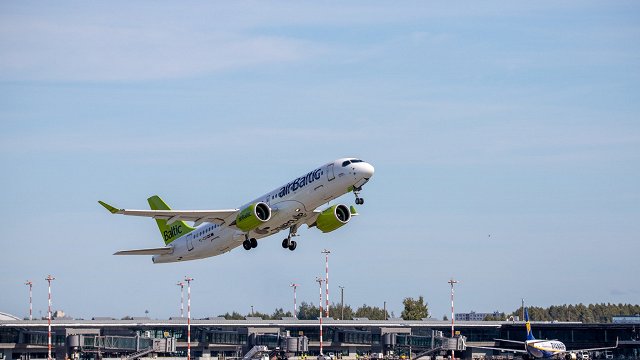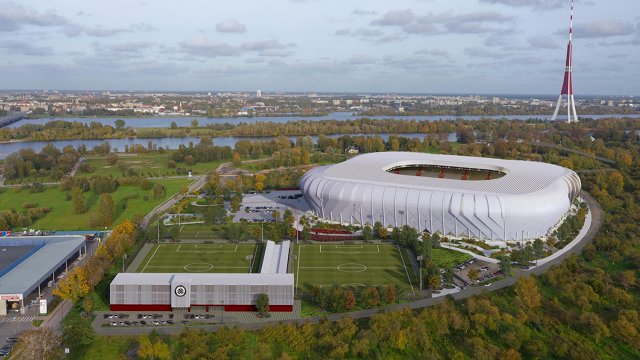A moderate decline in the Latvian industry has been continuing since April 2022, which, except for the 2008 financial crisis, makes this one of the longest recessions in the Latvian industry in recent decades. Lithuania and Estonia currently have a similar situation, said Citadele Bank economist Mārtiņš Āboliņš.
The Citadele economist believes that the recession in Latvian industry is coming to an end.
“Inflation in the eurozone has fallen significantly and financial markets expect the European Central Bank to start easing interest rates by the summer, which will drive consumer growth. Similarly, the inventory reduction cycle in the industry is coming to an end – business surveys show that the level of inventories has been decreasing in Germany already since August last year, and the volume of new orders has increased rapidly in the US industry in January this year and new orders have increased slightly in the Baltic States in the first quarter of this year,” said Āboliņš.
At the same time, growth in the Latvian industry is unlikely to be very strong and comprehensive this year, says Āboliņš.
For example, construction activity in Germany, Sweden and other export markets relevant to us is currently very weak, so there is likely no reason to expect a large increase in the production of construction materials. Āboliņš predicts that Latvian industry could grow by 3%-5% this year.
Meanwhile, Bank of Latvia economist Agnese Puķe said in a comment to the media that the mood of industrialists stuck in the pessimism zone does not allow hope for a vigorous continuation of growth.
Demand for goods produced for the construction segment (timber, metal structures, building materials) remains weak and there is no real reason to expect its renewal in the near future, said Puķe. Capacity load in most manufacturing sectors has deteriorated in the last quarter and is well behind pre-pandemic levels, Puķe noted.
The mood of the industrialists in general is also gloomy, and the estimation of the amount of production secured by orders is also grim. Unfortunately, it reminds us not to get carried away with "pink unicorn hopes" and to stick to the mood that avoiding bigger falls is already good enough news, the Bank of Latvia economist concluded.






























